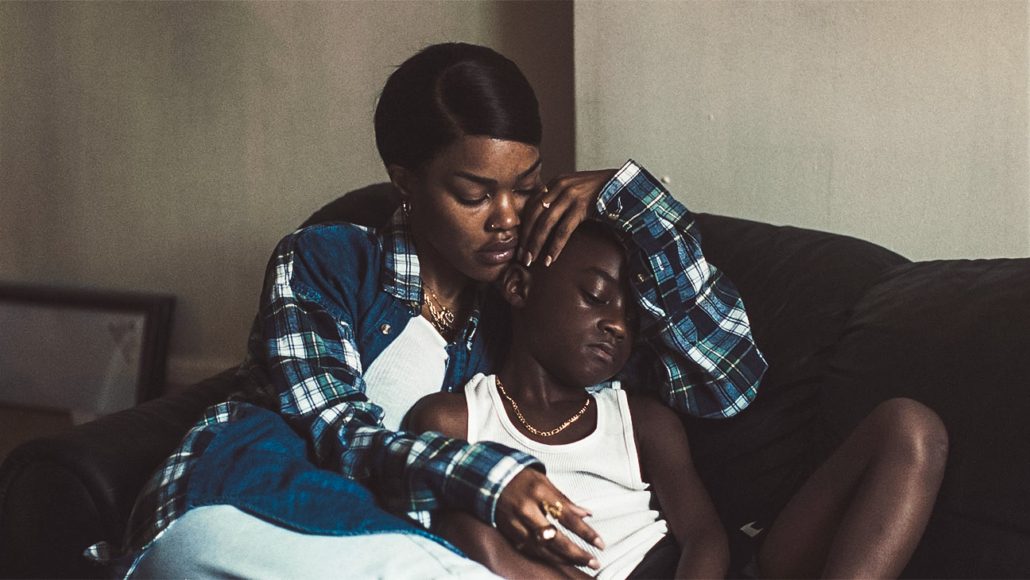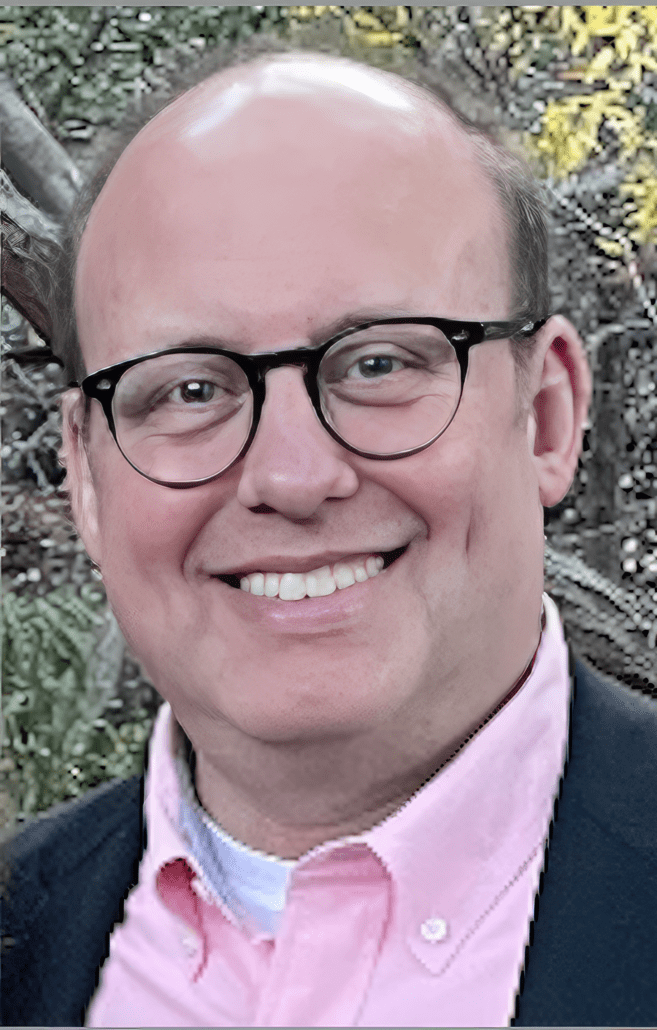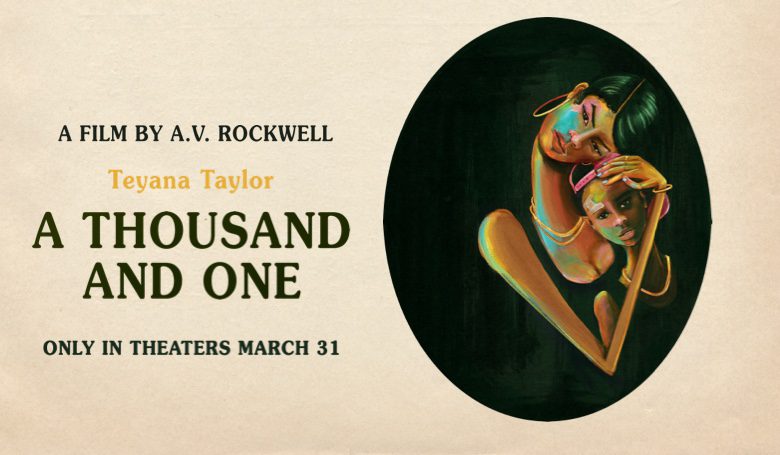Interview with Film Editor and Alum Jim Carretta

Behind the scenes with our film alum who worked as an additional editor on the 2023 Sundance Film Festival Grand Jury Prize Winning film”A Thousand And One”
Jim Carretta is a 2006 film alumnus who works in Los Angeles as a film editor. He’s earned credits on major blockbuster movies including Knocked Up, Pineapple Express, Deadpool, Pitch Perfect 2 & 3, and the TV series The Good Place. His most recent project, A Thousand and One, won the Grand Jury Prize at the 2023 Sundance Film Festival and opens in theaters Friday, March 31, 2023. We caught up with Jim to chat about his work as a film editor and gain insight into the world of movie editing.
Q&A with Film Editor Jim Carretta

When did your passion for film editing begin?
Hello, L.A. Film School! I’ve been a movie freak since the third grade and I actually had more of a passion for acting and directing rather than editing. I did think in the back of my mind that editing was pretty cool as well but I thought that the editing software would be too difficult and expensive to learn.
I studied acting for five-and-a-half years at Playhouse West in North Hollywood when I first moved to LA and then, after doing a fair amount of grip and electric work as well, I worked as an assistant to producer Anne Kopelson for almost two years. We had a very good relationship but I eventually started feeling very burnt out from the rigors of the job. I happened to see an ad for The L.A. Film School and I figured that aside from being a clean exit from my job, I could learn directing actors and editing as well. I actually ended up minoring in editing because I initially had a difficult time grasping the Avid software.

Congrats on your recent editing work for the film “A Thousand and One.” What was that process like for you joining at the tail end of the film instead of from the beginning?
Thank you! It was interesting because they had already filmed, edited and mixed the movie in New York and they just needed someone in LA to come on and make some minor tweaks with the writer-director A.V. Rockwell (she was great). We edited long but very productive hours for about six days. I kept tabs on the final mix and the DI (Digital Intermediate), and I also tracked the VFX shots and did some temp VFX compositing. The biggest challenge came at the very beginning when I received the hard drive containing all of the editorial elements for the movie. It had gone through a few assistant editors and each appeared to have their own organizational system. Fortunately, I was able to contact one of the assistant editors and figure out enough of what I needed to know so that I could make sense of everything.
What does the editing process look like for you when working on a studio-backed film vs. an independent film?
On a studio-backed film, there’s a whole team of an editor or editors and assistants, apprentices, Post PAs, etc. There’s a large support network and an extensive workflow. There’s also a lot more footage to deal with.
I’ve only worked on a few independent films but in my experiences, I was pretty much just given a drive and left to my own devices. I did recuts on two of them from home on my laptop. For my most recent project A Thousand And One, I had an office and more of a support staff but I was doing both the editing and the assistant editing work. Fortunately, I got paid as an editor and was credited as an additional editor so it was all good.
What’s something that surprised you about the post-production world that you may not have realized while in film school?
How you can take a performance that doesn’t seem to be working in the raw footage and help to shape it so that no one will ever realize that it didn’t seem like it was working. Also the amount of subtle visual effects that are used in a movie that isn’t visual effects oriented.
Can you share your most memorable experience editing a film?
On Pitch Perfect 2 we had only about eight minutes of footage (including resets) for a recording studio montage with Anna Kendrick and Hailee Steinfeld. I believe the dialogue was totally improvised. It took about an hour to edit it to the music track and about 95% of my first edit made it into the movie. It was just a lot of fun figuring out how everything was going to cut together with such limited footage, and I felt that it turned out to be a lovely scene.
How long did it take you to get consistent work in the industry and do you have any advice for young editors just starting out?
I got consistent work about two months out of film school. I wasn’t even necessarily looking to get an editing job; I just wanted to be working in the movie world. Fortunately my editing classmate Kyler Boudreau had a connection at Universal post-production and he would send me job leads from her. My second lead was a Post PA job for The Fast and The Furious: Tokyo Drift and I got it, although it was only going to be for the final six weeks of post.
After a few weeks on Fast, one of the assistant editors Ray Neapolitan invited me to go on to another movie that was going to provide employment for at least eight months. Everyone on Fast was cool with it so I moved over to the other movie, which was also on the Universal lot. That movie turned out to be Knocked Up. I really hit it off with one of the amazing editors Craig Alpert and we ended up working together on and off for the next 15 years. I also worked with Ray, who has assistant edited on everything from Pulp Fiction to Joker, and Colin Patton, now an accomplished editor in his own right, on several projects as well. I gradually moved up from Post PA to Apprentice Editor to Assistant Editor to Additional Editor over the years.
My advice for young editors starting out: Develop and maintain a sterling work ethic. Be the kind of person that people are going to want to spend time with at work for eight months, twelve months, two years, whatever. Being good is great but being nice is even better!
When I’m hiring someone I can’t teach that person how to be nice but I can teach them how to be good.
On a more practical level, learn Avid and Premiere and maybe DaVinci Resolve and Final Cut. Learn the script tool if on Avid and learn multi-grouping clips regardless. (Different from just grouping clips) After Effects and Photoshop are great to know too even though I never learned them myself. VFX tracking is essential to learn but maybe not right away.
Send your resume to as many people as you can think of. You never know who might end up recommending you! I have an agent who’s great and kind and has been a big boost for my career but I’ve also gotten work from resume referrals.
“A Thousand and One” won the Grand Jury Prize at Sundance… Did you attend the festival? If not for this film, have you gone for any others?
I wasn’t able to attend Sundance this year but I did attend in 2002 and had a great time. I saw the premieres of One Hour Photo starring Robin Williams as well as Stolen Summer, which was the first Project Greenlight movie.
I haven’t attended any other festivals for films that I’ve worked on but had I known the type of response Knocked Up was going to receive at South by Southwest in Austin, I would’ve hopped on a plane, paid my own way and slept on the streets. I’m only half-joking.
Thank you so much, Jim! We have one final important question to ask—Favorite movie of all time?
The Good, The Bad and The Ugly!
